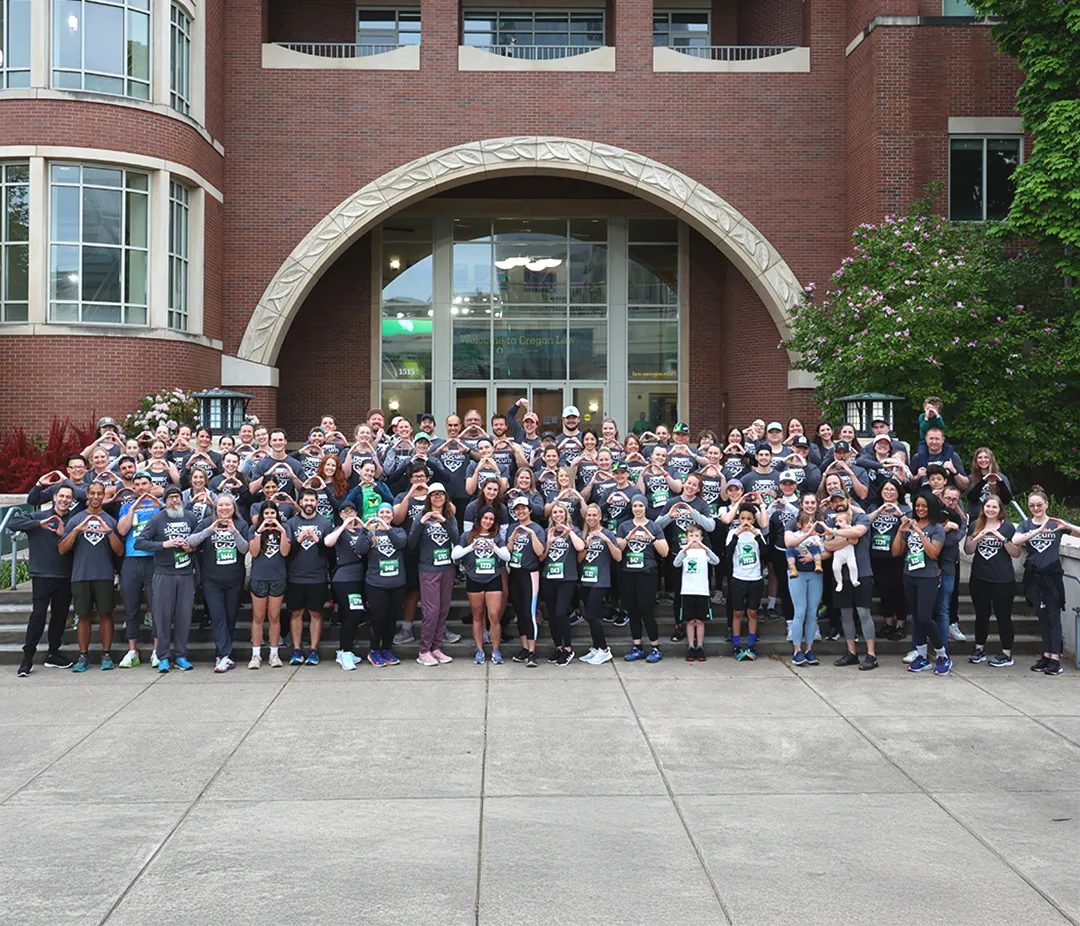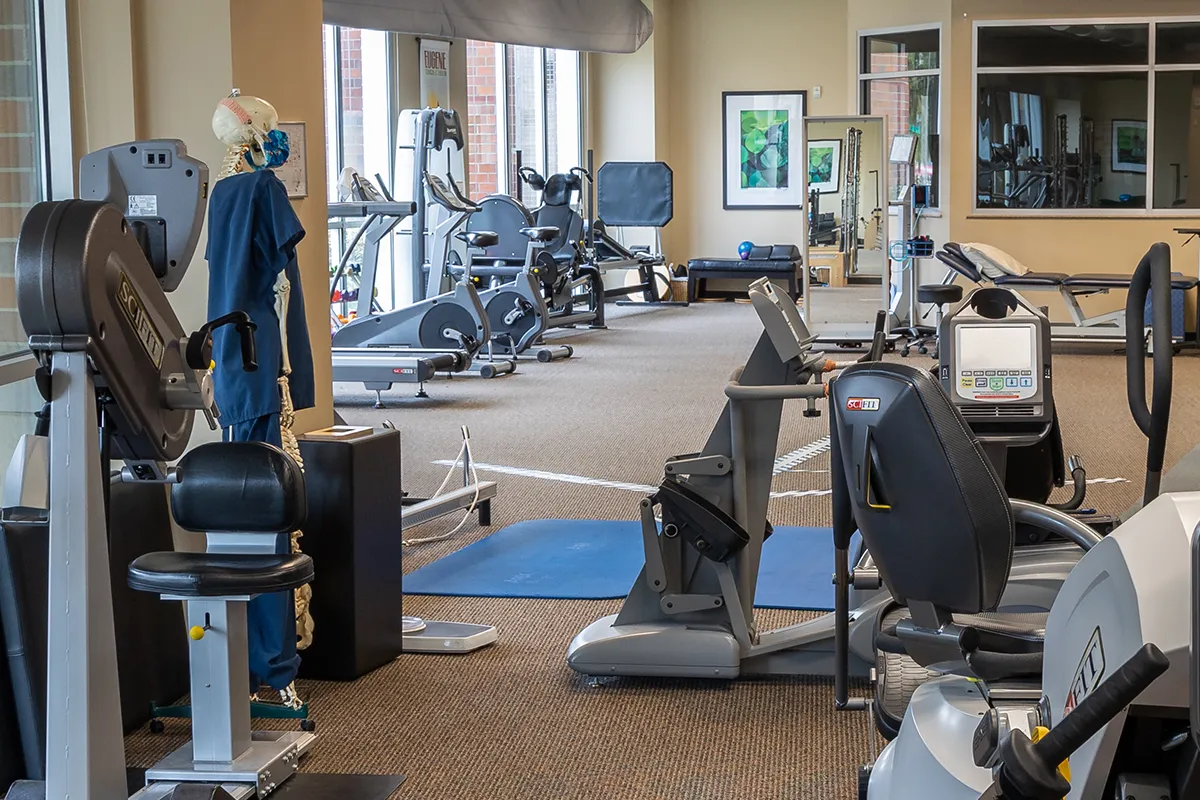Achilles Tendon Seasonal Injury
Tis the season for Achilles tendon injury??
Could you be at a higher risk for an Achilles tendon tear this spring? What can you do to prevent it?
The Achilles tendon is the largest, thickest tendon in the human body and contributes toward push off strength during normal human gait. During athletic activities, the Achilles tendon undergoes a significant amount of stress and is at high risk for injury.
In my practice, I see a lot of athletes of various ages and skill. Achilles tendon ruptures often occur in middle aged individuals (30-50), often referred to as the “Weekend Warrior” (i.e. someone who hasn’t done routine physical activity). It seems that there are two things required for a tear in the Achilles tendon to occur:
“¢ A tendon that probably has already had some “wear” thereby weakening it
“¢ A force severe enough to cause a tear of the tendon
We are starting to get into the later parts of winter, and for those basketball lovers it means March Madness and pick-up basketball games. I have noticed an increased risk of Achilles tendon ruptures that occur during spring. Other researchers have noticed this trend as well.[1] In this study, they looked at how many Achilles tendon ruptures occur during the various seasons. They found that an Achilles tendon rupture was more likely to occur in the spring and least likely to occur during the fall. Basketball was the most common sport.
There are a lot of reasons this could occur. Spring does seem to be a season of increased activity amongst recreational athletes as the weather changes. Obviously, the question always comes up regarding prevention. Unfortunately, there isn’t much great “data” to support one particular method but here are a couple of things you can do:
“¢ Regular physical activity – by exercising regularly, you will stimulate blood flow and activate receptors in the tendon thereby promoting the formation of healthy collagen.
“¢ Pre-activity warm up – this will help stimulate blood flow, warm up the tissues and promote the flexibility of the tendon – there is some debate on the benefit of static stretching
“¢ I would advocate that a warm up should be more dynamic (jumping jacks, easy jogging, etc.)
“¢ Avoiding certain medications – there are a few medications, an antibiotic class known as fluoroquinolones, that have a known association with an Achilles tendon tear. If you are active and you are prescribed one of these medications, you may want to ask if there is an alternative.
The take home? These injuries often seem to come out of nowhere. If you want to minimize the chance of a rupture, my recommendation is to avoid a sudden increase in explosive type sports, have a dynamic warm up routine, and avoid medications known to have an increased tendon rupture risk (i.e. fluoroquinolones).
If you think you may have torn your Achilles tendon, call us for an appointment. You don’t need any previous tests. Often with a simple X-ray and a physical exam by a foot and ankle orthopedic surgeon, we can make a diagnosis and treatment plan!
1. Caldwell, J.E., et al., Seasonal Variation of Achilles Tendon Injury. J Am Acad Orthop Surg Glob Res Rev, 2018. 2(8): p. e043.





